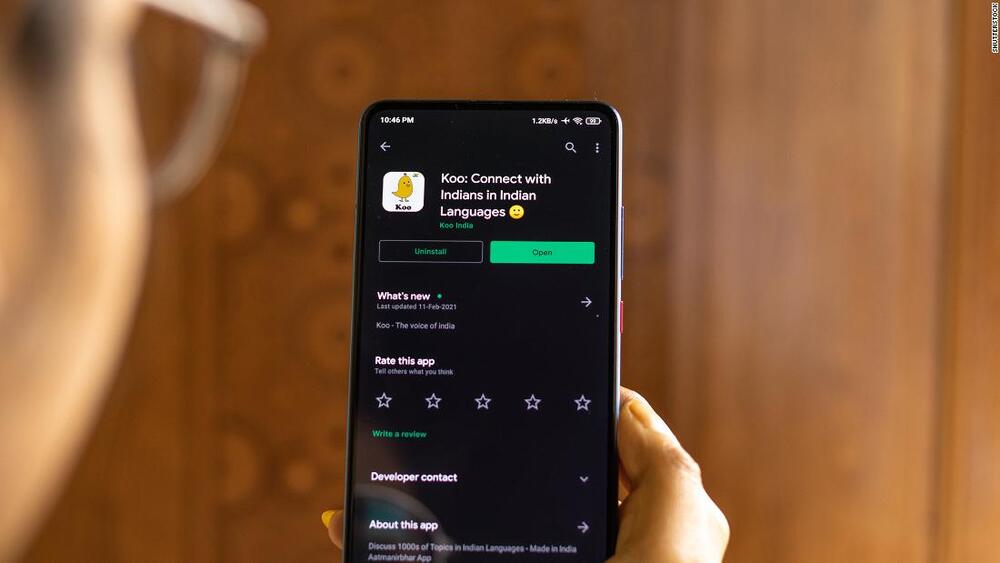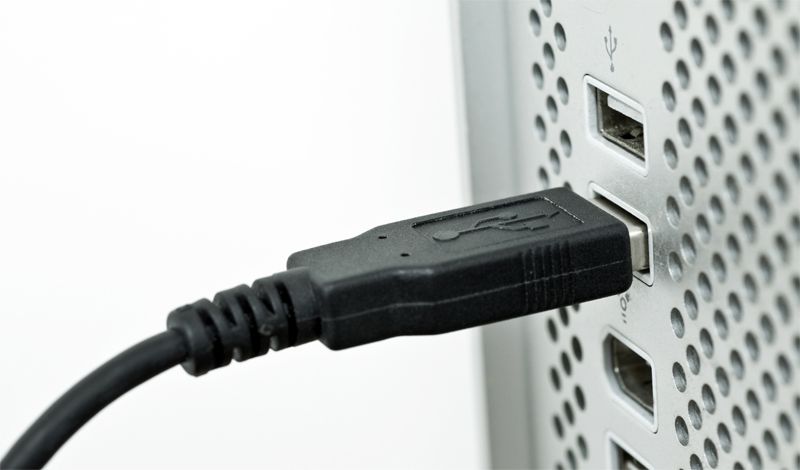Elon Musk’s SpaceX is preparing to further expand testing of its Starlink satellite internet in a test for the U.S. Air Force, an FCC request revealed.
Elon Musk’s SpaceX is preparing to further test its Starlink satellite internet in a demonstration for the U.S. Air Force, the company revealed in a recent request to the Federal Communications Commission.
“SpaceX seeks to make minor modifications to its experimental authorization for additional test activities undertaken with the federal government,” the company wrote to the FCC in a filing on Thursday.
“The tests are designed to demonstrate the ability to transmit to and receive information from two stationary ground sites and one airborne aircraft at one location, and would add to these limited testing from a moving vehicle on the ground,” SpaceX said.








